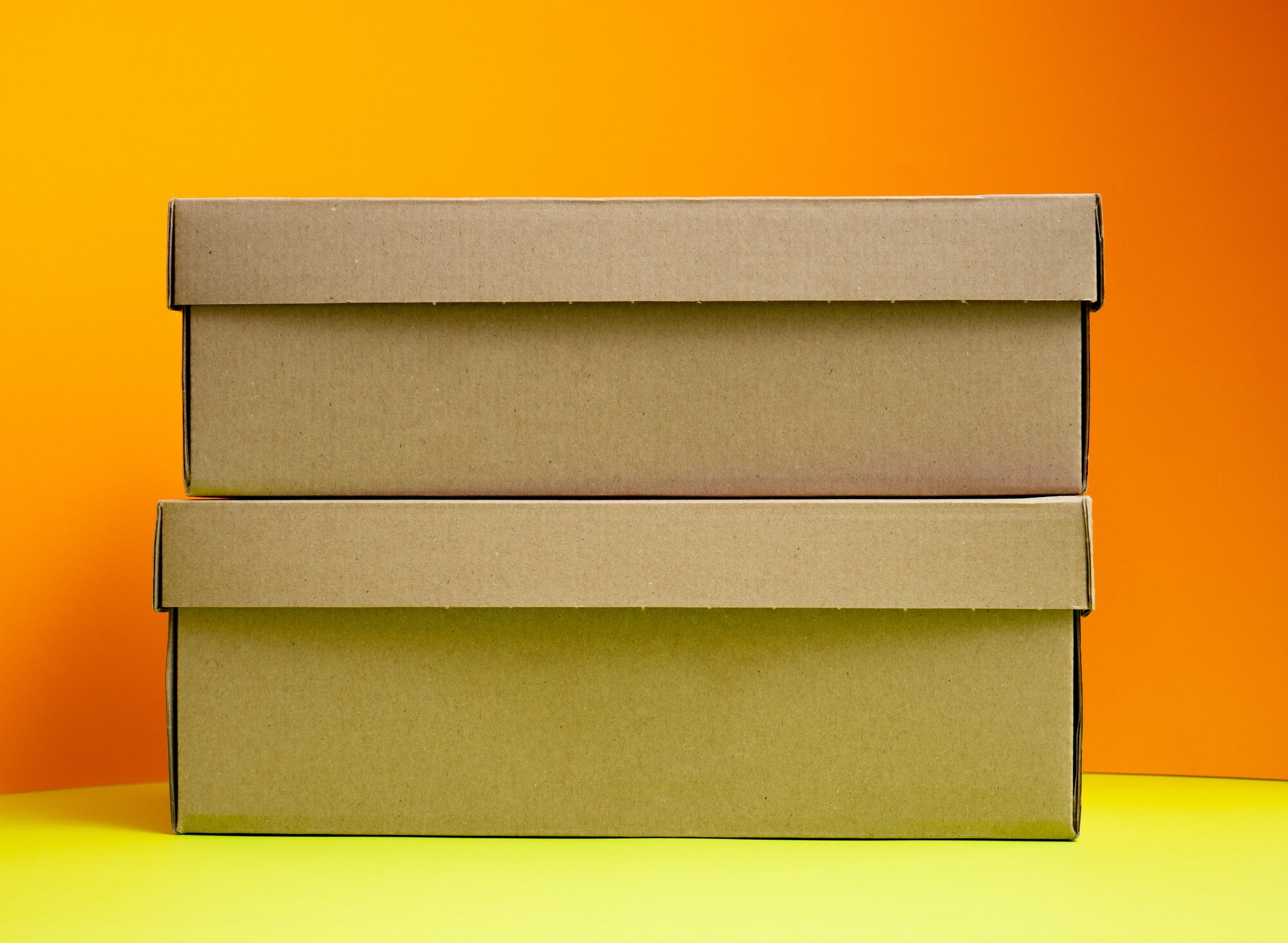Are self storage units insured?
In the UK, self-storage units are typically not automatically insured by the storage facility. It is usually the responsibility of the renter to obtain insurance coverage for their stored items.
However, some self-storage facilities may offer insurance options or may require renters to provide proof of insurance before renting a unit. It’s always a good idea to check with the storage facility and ask about their insurance policies before renting a unit.
If you do need to obtain insurance coverage for your stored items, you can purchase a separate insurance policy specifically designed for self-storage units, or you may be able to add a rider to your existing homeowner’s or renter’s insurance policy to cover your stored belongings. It’s important to carefully review the terms and coverage of any insurance policy you are considering to ensure that your stored items are adequately protected.

What to consider when looking at Self Storage Insurance
When looking at insurance for self-storage, there are several important factors to consider:
- Coverage: The insurance policy should provide adequate coverage for all of the items you plan to store in the self-storage unit, including the total value of those items. Make sure to read the policy carefully to understand what is covered and what is not.
- Deductible: Determine the amount of the deductible (the amount you are responsible for paying out of pocket in the event of a claim) and make sure it is an amount you can afford.
- Exclusions: Look for any exclusions in the policy, such as items that are not covered, or limits on coverage for certain types of items. For example, some policies may exclude coverage for high-value items such as jewellery, antiques, or artwork.
- Premiums: Determine the cost of the insurance premiums and ensure that it is affordable and fits within your budget.
- Insurance provider: Choose a reputable insurance provider with a good track record for paying out claims and providing excellent customer service.
- Duration: Consider the duration of the insurance coverage, as some policies may only offer coverage for a limited time period.
- Documentation: Make sure to keep an accurate inventory of all items stored in the self-storage unit, including photographs, receipts, and other documentation that can be used to support a claim in the event of loss or damage.
By considering these factors, you can find the right insurance policy to protect your belongings while they are stored in a self-storage unit.
Typical exclusions on insurance for self-storage units
These may vary depending on the insurance policy and the insurance provider, but some common exclusions include:
- Damage due to natural disasters: Many insurance policies may exclude coverage for damage caused by natural disasters such as floods, earthquakes, or hurricanes.
- Damage due to terrorism: Some policies may exclude coverage for damage caused by acts of terrorism.
- Damage caused by vermin or pests: Some policies may exclude coverage for damage caused by rodents, insects, or other pests.
- High-value items: Some policies may exclude coverage for high-value items such as jewellery, artwork, or antiques.
- Illegal items: Most policies will exclude coverage for illegal items or items obtained through illegal means.
- Loss or damage due to negligence: Some policies may exclude coverage for loss or damage caused by the negligence of the policyholder, such as failing to properly secure items in the self-storage unit.
- Loss or damage due to wear and tear: Most policies will exclude coverage for loss or damage caused by normal wear and tear over time.
It’s important to carefully review the terms and exclusions of any insurance policy you are considering to ensure that you have adequate coverage for your stored belongings. If you have any questions about the policy or the coverage, don’t hesitate to ask your insurance provider for clarification.

Storing valuable jewellery
When considering the storage of valuable jewellery, there are several factors to take into account. The decision of whether to store it in a self-storage facility or another location depends on various aspects such as security, accessibility, convenience, and personal preference.
Self-storage facilities can offer a secure environment for storing valuable items like jewellery. These facilities typically have security measures in place, including surveillance cameras, restricted access, and sometimes even on-site security personnel. They are designed to protect stored items from theft and unauthorised access. However, it’s important to carefully evaluate the specific security measures of each facility before making a decision.
On the other hand, storing jewellery in another location, such as a safe deposit box at a bank, may provide an additional layer of security. Banks have robust security systems and protocols in place, making them a popular choice for storing high-value items. Safe deposit boxes are typically located in highly secure areas of the bank, and access is limited to the owner or authorised individuals. This can provide peace of mind, knowing that the jewellery is stored in a heavily protected environment.
Accessibility is another important consideration. Self-storage facilities generally offer 24/7 access to the stored items, allowing you to retrieve or add to your jewellery collection at any time. This flexibility can be convenient if you frequently wear or rotate your jewellery. On the contrary, accessing jewellery stored in a bank’s safe deposit box may require visiting the bank during their operating hours, which could be more restrictive in terms of convenience.
Personal preference also plays a role in the decision-making process. Some individuals may feel more comfortable having their valuable jewellery in close proximity, where they can easily monitor and access it. In such cases, a self-storage facility may be preferred, as it allows for regular inspection and immediate access to the items. Others may prioritise maximum security and are willing to sacrifice immediate accessibility for the peace of mind that comes with storing their jewellery in a bank’s safe deposit box.
Ultimately, the choice between self-storage and another location for storing valuable jewellery depends on the individual’s specific needs, priorities, and level of comfort. It is recommended to carefully evaluate the security measures, accessibility, and convenience of each option before making a decision. Additionally, considering factors like insurance coverage and the frequency of accessing the jewellery can also contribute to choosing the most suitable storage solution.

